4-Day Standardized FTTE Training in Anesthesiology: A Multicenter Prospective Study of Retention
-
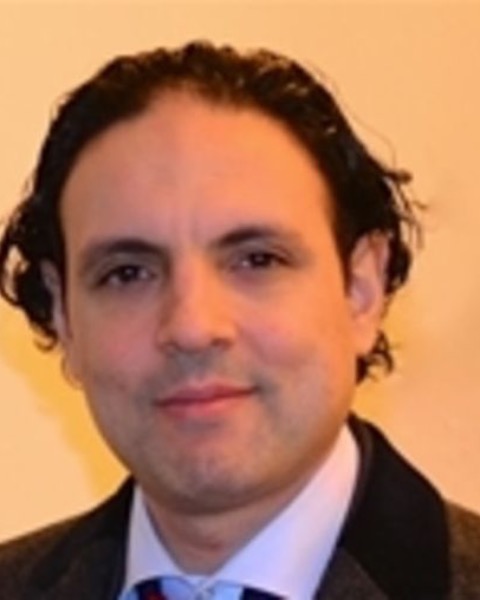
Nibras Bughrara, MD, FASA,FCCM
Associate professor of Anesthesiology and Surgery
Albany Medical College
Albany, NYDisclosure information not submitted.
-
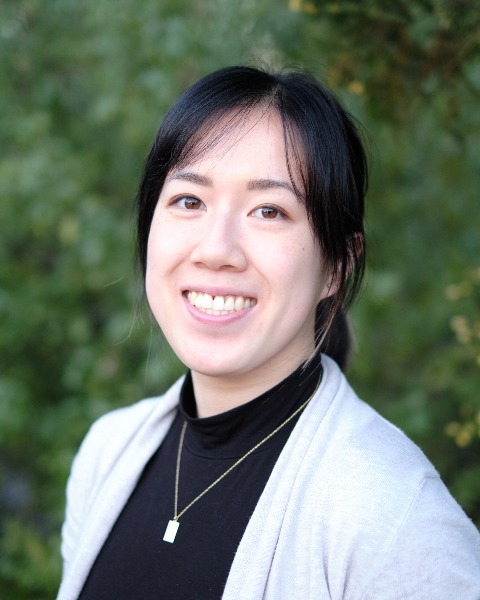
-
MH
Mark Hamlin, MD
Professor of Anesthesiology and Surgery
University of Vermont, United StatesDisclosure information not submitted.
-
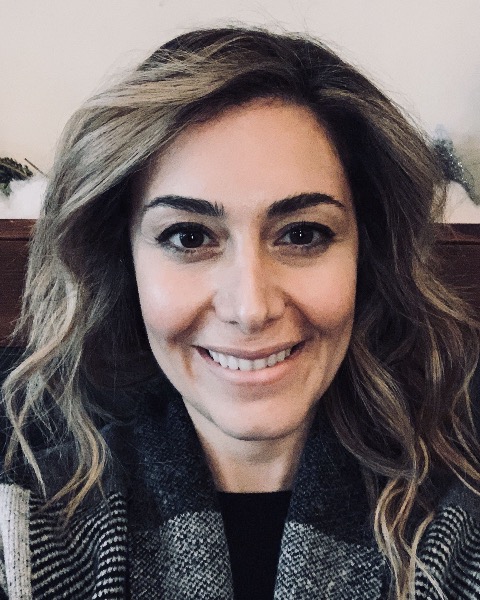
Sara Nikravan, MD, FASE
Director, Point of Care Ultrasound and Associate Program Director of Residency
University of Washington
Seattle, WashingtonDisclosure information not submitted.
-
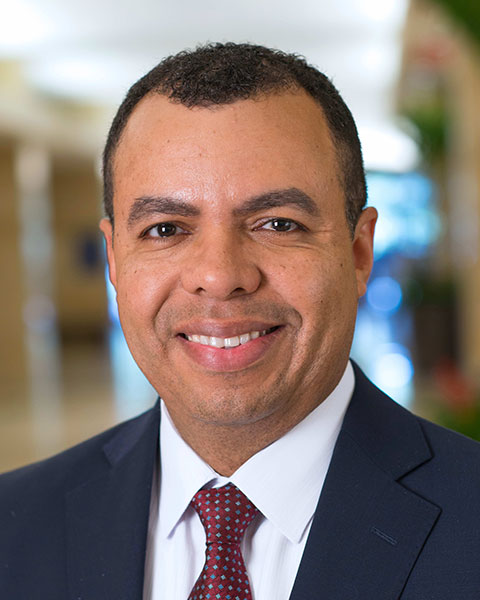
Jose Diaz-Gomez, MD, FASE,FCCM
Chief, Cardiothoracic, MCS, and Transplant Critical Care Section
Department of Anesthesiology and Critical Care Medicine
Baylor Saint Luke's Medical Center
Houston, TexasDisclosure information not submitted.
-
JR
-
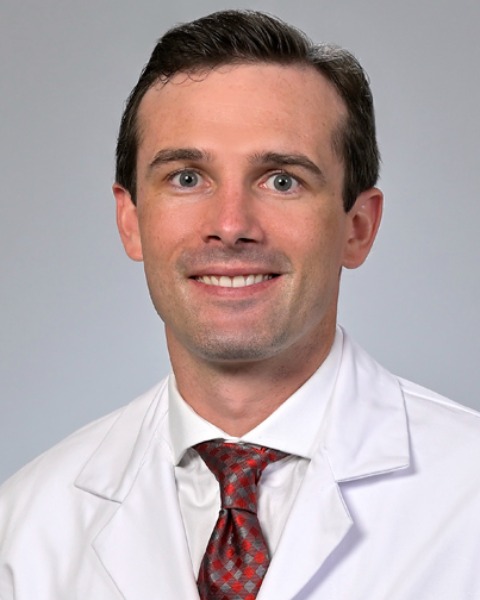
Andrew Gold, MD, MS
Assistant Professor
University of Pennsylvania
Media, PennsylvaniaDisclosure information not submitted.
-
.jpg)
Aliaksei Pustavoitau, MD, MHS,FCCM
Associate Professor, ACCM, JHU, SOM
Johns Hopkins University School of Medicine
Baltimore, MDDisclosure information not submitted.
-
TT
Tim Tran, MD
Assistant Professor, Anesthesiology
University of Colorado, United StatesDisclosure information not submitted.
-
HS
Habib Srour, MD
Assistant Professor of Anesthesiology
University of Kentucky, United StatesDisclosure information not submitted.
-
SS
-
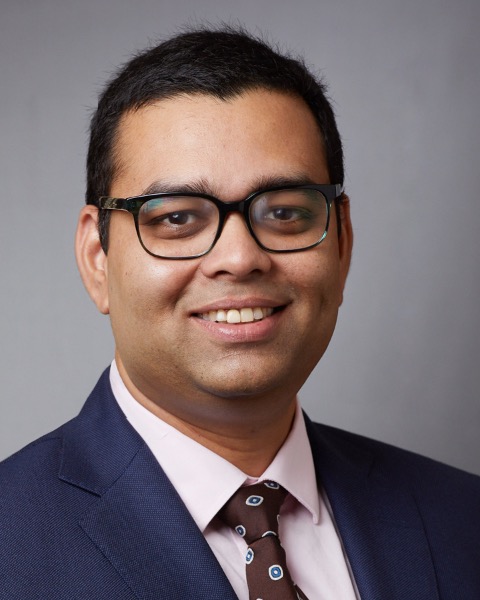
Ranjit Deshpande, MD, FCCM
Director Transplant Anesthesiology
Yale School of Medicine
Madison, ConnecticutDisclosure information not submitted.
-
OP
Oliver Panzer, MA
Assistant Professor of Anesthesiology
Columbia University, United StatesDisclosure information not submitted.
-
AA
Ashar Ata, MBBS, PhD
Assistant Professor of Surgery
Albany Medical College, United StatesDisclosure information not submitted.
First Author(s)
Research Presenters(s)
Co-Author(s)
Title: 4-day Standardized FTTE Training in Anesthesiology: a Multicenter Prospective Study of Retention
Introduction: The Focused Transthoracic Echocardiography (FTTE) examination has helped guide intensivists’ evaluation and treatment of patients with cardiocirculatory and respiratory failure for over 20 years. Despite ACGME mandating FTTE training be included in anesthesiology residencies and critical care fellowship programs, standardized training does not exist. This study examines the impact of a standardized FTTE learning course provided by the SCCM on the testing outcomes of residents and fellows.
Methods: 41 anesthesiology residents and 36 critical care fellows from 10 institutions attended a 4-day training with a combination of moderated web-based videos and supervised FTTE exams on perioperative patients; fellows attended an additional 1-day advanced course. Both residents and fellows then completed additional 10 supervised exams. Control groups were residents and fellows from 7 institutions who completed traditional non-standardized courses. The main assessment tools were standardized 30 MCQ tests (pre-test, post-test and 6-month retention test created and validated by the SCCM).
Results: 71 residents participated (41 in the 4-day course, 30 in the 1-day course). Pre-test mean test scores were similar in both groups (14.8 vs 14.3 questions correct, p=0.53). The 4-day group scored higher than the 1-day group on the post-test (23.1 vs 18.9, p≤0.0001) and the retention test (22.4 vs 17.6, p≤0.0001). 46 fellows participated (36 in the 5-day course, 10 fellows with traditional training). Within the 5-day group, post-test scores were higher than the pre-test scores (24.1 vs 17.7, p≤0.0001); retention test and post-test scores were similar (25.2 vs 25.1, p=0.44). The 5-day group scored higher on the retention test than the no-course group (25.2 vs 22.1, p=0.0041). Examining all intervention groups, the mean post-score was significantly higher than the pre-test score (23.5 vs 15.9, p≤0.0001). Combined mean retention and post-test scores were similar (23.6 vs 24.0, p=0.15).
Conclusions: The addition of 4-day FTTE course to anesthesiology residencies and critical care fellowships resulted in improved testing performance compared to traditional education modalities. Implementing this standardized curriculum across medical centers will aid in rapid FTTE knowledge acquisition and retention among residents and fellows.
